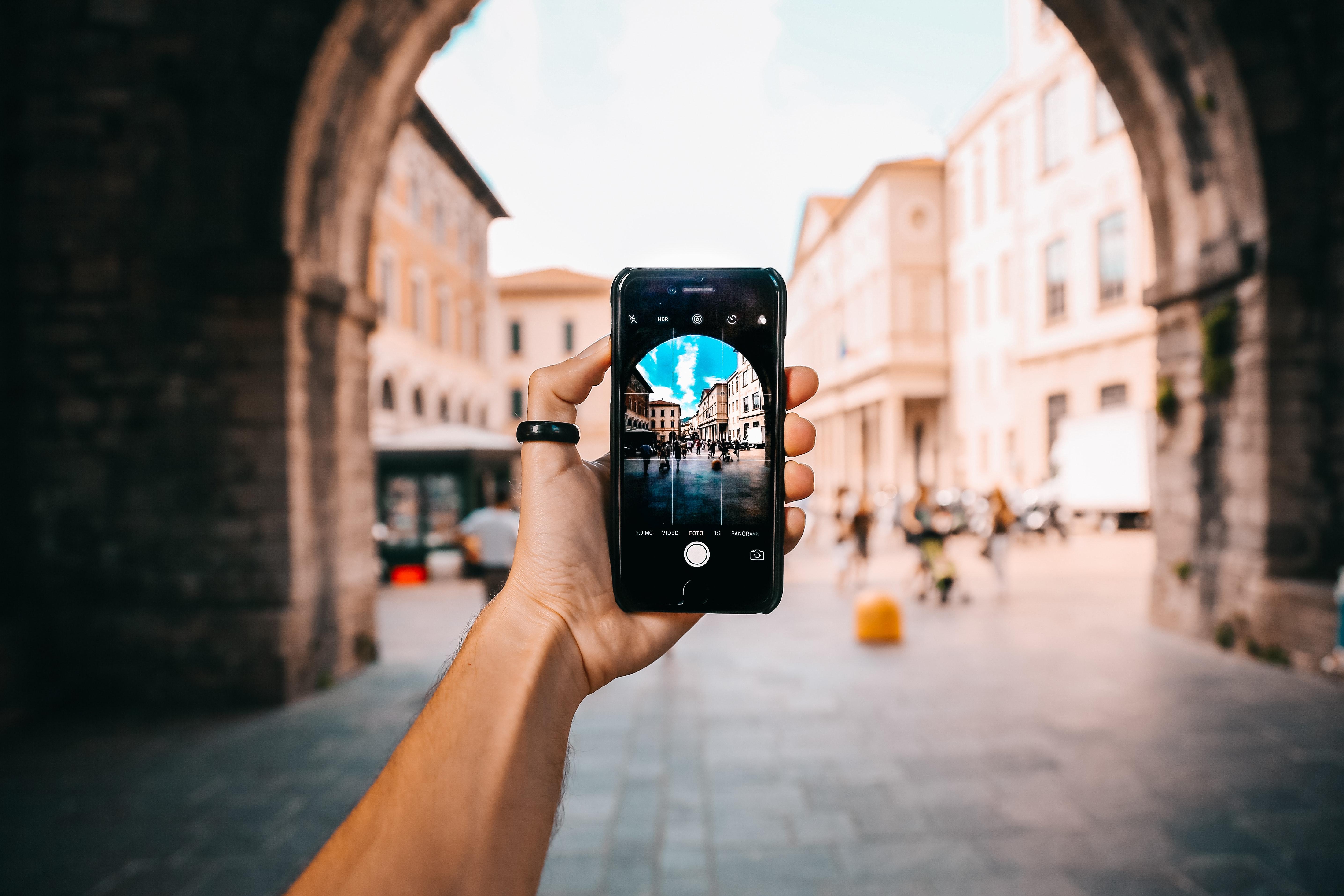
Key messages from the WG meeting ‘Rebuilding the tourism sector after the COVID-19 crisis’
Please find below a few key messages highlighting the different ways in which some ERRIN members are currently addressing the demand crisis and economic instability in the sector, but also long-term, cross-cutting challenges such as the transition towards sustainable and innovative models of tourism.
A cross-sectoral and inclusive approach to recovery
Short and long-term strategies in support of tourism must be inclusive, developed in synergy with all relevant stakeholders, and should integrate the economic recovery in a balanced holistic approach aimed at answering a wide range of pre-existing challenges: sustainability, digitalisation, local development are a few key examples. Speakers highlighted also the creation of a far-reaching touristic offer bringing together capital cities and rural areas, also with the support of a widespread and innovative mobility network, or the diversification of services and attractions (with development of sectors such as culture or well-being) in mainly seaside destinations. The goal is to move away from a tourism model where volume of tourists is the main factor of success, to a model that strives to reach a conscious balance between economic, social and environmental development. The notion of a ‘conscious destination’ and the importance of the ‘ecosystem’ contributing to determine a specific model of touristic offer, have been among the most challenging and game-changing aspects highlighted by some of the discussants.
Reinforcing health and safety measures
In order to foster the safe reopening of borders and the relaunch of travels, EU Destination must take the necessary measures to guarantee compliance to health standards in their facilities, which should also be backed-up by a local health system able to respond to travellers’ needs.
An effective system of assessment and certification of compliance can support the recovery by increasing the trust of travellers and boosting demand. The issue of trust will be of particular relevance also in the relationship between the local players of the tourist sector, on one side, and the regional governments, on the other. Regions will have to ensure a responsible and effective governance of this process in order to facilitate trust and compliance by the different types of operators involved, including empowering citizens and local institution with the tools that can make territories both safe and attractive for visitors.
Cultural policies in support of a new model of sustainable tourism
The combination of cultural and tourism policies is heavily underrated in the development of recovery strategies, especially when the heritage located in some EU regions represents one of the main reasons of attractiveness. In light of that, EU Institutions, as well as local authorities, should put the accent on synergies between the two sectors and develop coordinated policies to guarantee a stronger restart of the tourism sector and an economic and social recovery of local communities, as well as accessibility of cultural heritage in those areas where cultural attractors are more dispersed.
Digitalisation and innovation uptake
The tourism sector cannot go back to what was the situation before the outbreak of the pandemic. On the contrary, it was a shared belief among speakers that innovation plays a central role and the recovery largely depends on the digital transition of tourism services. The use of digital technologies, and data not only represent a fundamental tool in the containment of the pandemic but also allows to optimise tourism services and attractions by making them more accessible, personalised and interactive.
Increased uptake of innovative projects and support for pilot initiatives should be at the centre of the priorities in EU regions as they are two key aspects of the transition towards smart tourism. In order to increase this chance, it is crucial that the EU policies reflect this approach by providing the means and the strategic vision to facilitate all actors in the sector to work in this direction.
Interregional cooperation
To respond to global challenges as the one posed by the COVID-19 outbreak, one of the priorities at EU level should be the consolidation of interregional cooperation in different forms, such as the creation of interregional thematic partnerships. By joining resources and expertise and developing targeted coordinated actions, regions have the opportunity to strengthen local capacities for innovation and investments.
- Hilary Webb
- 28/05/2020
-
Working Group